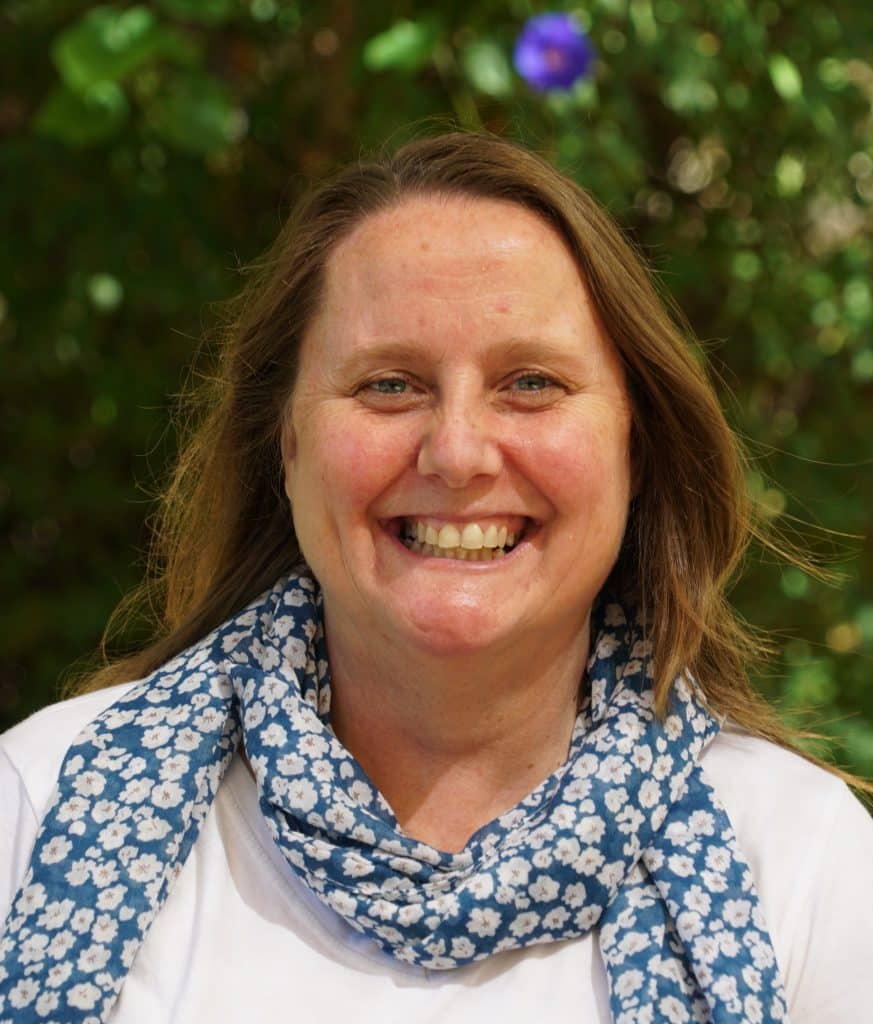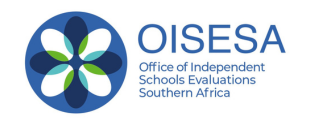Content shared by Ms. Adi Daniel, Head of Key Stage One, International School of Cape Town

I am often asked about the difference between the South African CAPS curriculum and the UK National curriculum. It may seem a fairly simple question but the answer is far more nuanced. The reason for this is that the guiding principles that underpin both curriculums are relatively consistent in terms of wanting to develop learners who can: ‘identify and solve problems and make decisions using critical and creative thinking; work effectively as individuals and with others as members of a team; collect, analyse, organise and critically evaluate information.’ (CAPS National Curriculum Statement). Both school curriculums aim to ‘promote children’s spiritual, moral, social and cultural development and prepare children for the opportunities, responsibilities and experiences of life.’ (UK National Curriculum Handbook). The main differences lie in how this is executed and delivered within each context.
Adi Daniel, Head of Key Stage One, Struben House
The Foundation Stage of any curriculum is by its very nature about foundation skills such as personal, social and emotional development, communication and language as well as physical development. Where the British and CAPS curricula differ substantially is in the timing of these skills such as when children begin to read, write and apply their knowledge of mathematical concepts alongside early experiences in science and technology.
The UK curriculum starts focusing on these skills in Nursery and Reception when the children are turning 5 whereas the CAPS curriculum does so when the children are turning 7. The table below shows how the different year groups and ages are set out in the two different frameworks:
| UK National Curriculum | SA CAPS Curriculum |
|---|---|
| Nursery: Birth to 3 | Playschool then Preschool: Birth to 5 |
| Reception: Turning 5 | Reception Turning 6 |
| Year 1: Turning 6 | Grade 1 Turning 7 |
| Year 2: Turning 7 | Grade 2: Turning 8 |
The UK National Curriculum is divided into different Key Stages and the SA Caps curriculum is divided into different phases.
| UK National Curriculum | SA CAPS Curriculum |
|---|---|
| Early Years: Nursery and Reception | Early Childhood Development: Preschool |
| Key Stage 1: Year 1 and Year 2 | Foundation Phase: Reception, Grade 1, 2, 3 |
| Key Stage 2: Year 3, 4, 5, and 6 | Intermediate Phase: Grade 4, 5, 6, 7 |
| Key Stage 3 (High School): Year 7, 8 and 9 | Senior Phase (High School): Grade 8, 9, 10, 11, 12 |
| Key Stage 4: Year 10, 11, 12 | |
| Key Stage 5: AS and A level |
The UK Early Years curriculum is divided into 3 prime areas of learning which are more holistic in nature, and 4 specific areas which are more academic; while the SA Early Childhood Development curriculum is divided into six early learning and development areas.
| UK National Curriculum Early Years | SA CAPS Early Childhood Development Curriculum |
|---|---|
| The 3 prime areas are: Personal, Social and Emotional Development Communication and Language Physical Development |
Well-being Identity and belonging Communication Exploring mathematics Creativity Knowledge and understanding of the world. |
| The 4 specific areas are: Literacy Mathematics Understanding the World Expressive Arts |
|
In the UK National Curriculum, Key Stage 1 marks a shift from the Early Years Foundation Stage to a more subject-specific learning structure. Key Stage 1 covers all national curriculum subjects. In the SA CAPS curriculum, there is a shift to a more formal structured learning environment when the children move into the Foundation Phase in Grade 1.
| UK National Curriculum Key Stage 1 | SA CAPS Foundation Phase Curriculum |
|---|---|
| English | |
| Mathematics | Home Language |
| Science | *First Additional Language |
| History and Geography | Mathematics |
| Information Technology | Life Skills |
| Art and Design | |
| Music | |
| Design and Technology | |
| Physical Education | |
| Personal, Social and Health Education (PSHE) |
*In the UK National Curriculum, the introduction of an additional language usually happens when the children reach Key Stage 2, however, some school contexts may introduce it earlier.
As with most learning, consistency is key and this is even more so in the early years when foundational literacy and numeracy skills are being taught. It is not advisable to change curriculums in the foundation stage as the expectations and explorations are very different between these two curriculums which could lead to potentially creating gaps in the learning of these foundational skills.

At ISCT, we have seen how our children have benefitted and developed through our commitment to following the UK curriculum in its scope and in its sequencing. It is always such a pleasure to see the learning that our children experience as they move from Nursery all the way through to Key Stage 1 and beyond – which is all part of our mission to equip students with the skills needed for an ever-changing world and a passion for a lifetime of learning.





